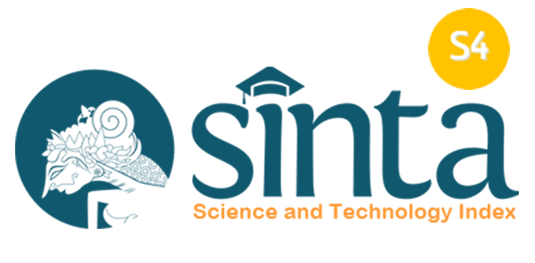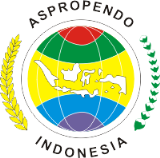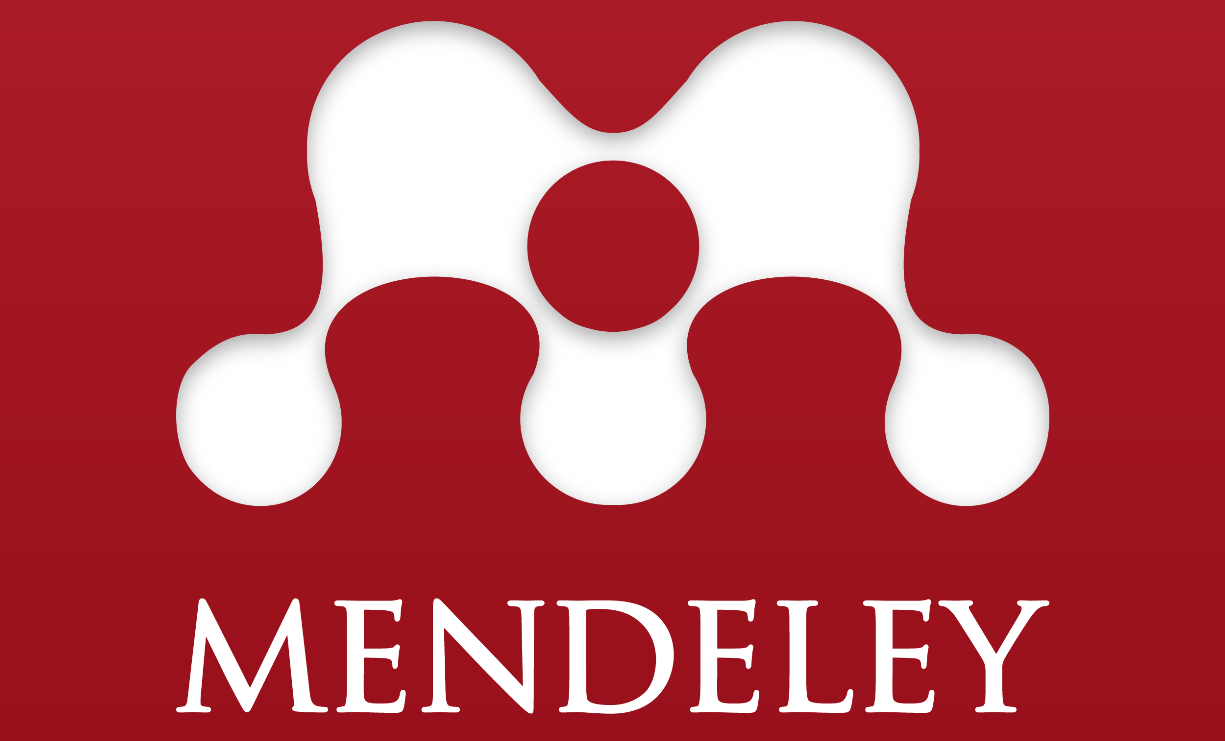MENINGKATKAN KEMAMPUAN BERPIKIR KRITIS SISWA PADA MATA PELAJARAN EKONOMI
Abstract
Abstract
The problem in this research is the low critical thinking skills of students. This is shown by the number of students who still get scores below the KKM from the results of the critical thinking skills test. The low level of critical thinking skills can be influenced by various factors, one of which is that students who answer questions are very fixated on the material they have learned, find it difficult to understand terms, and analyze to find solutions to the problems they face. This study aims to determine the effect of the Reflective Activity As Naturalist Intelligence (RANI Model) learning model on students' critical thinking skills. The design in this study used a quasi-experimental design with a pretest-posttest control group design. Based on the results of the analysis, the following results were obtained. First, there are differences in students' critical thinking skills between classes that receive the Reflective Activity As Naturalist Intelligence (RANI Model) learning model and classes that receive the learning model. Second, there was an increase in students' critical thinking skills between classes that received the Reflective Activity As Naturalist Intelligence (RANI Model) learning model and classes that received the learning model. The suggestion in this study is that it is necessary to prepare learning with the Reflective Activity As Naturalist Intelligence (RANI Model), so students have no difficulty in forming concepts to show the results of the learning process. In the Reflective Activity As Naturalist Intelligence (RANI Model) learning model, educators act as facilitators and motivators so that mastery of the material and good classroom management are needed
Keywords: Critical Thinking Skill; Learning Mode; Reflective Activity As Naturalist Intelligence (RANI Mode
Abstrak
Masalah dalam penelitian ini adalah rendahnya kemampuan berpikir kritis siswa. Hal ini ditunjukkan dengan banyaknya siswa yang masih mendapatkan nilai di bawah KKM dari hasil tes kemampuan berpikir kritis. Rendahnya keterampilan berpikir kritis dapat dipengaruhi oleh berbagai faktor, salah satunya siswa menjawab soal sangat terpaku pada materi yang telah dihafalnya, sulit memahami istilah, dan menganalisis hingga menemukan solusi dari permasalahan yang dihadapinya. Penelitian ini bertujuan untuk mengetahui pengaruh model pembelajaran Reflective Activity As Naturalist Intelligence (RANI Model) terhadap kemampuan berpikir kritis siswa. Rancangan dalam penelitian ini menggunakan quasi eksperiment dengan desain pretest-posttest control group design. Berdasarkan hasil analisis, diperoleh hasil sebagai berikut. Pertama, terdapat perbedaan kemampuan berpikir kritis siswa antara kelas yang mendapat model pembelajaran Reflective Activity As Naturalist Intelligence (RANI Model) dan kelas yang mendapat model pembelajaran ceramah. Kedua, terdapat peningkatan kemampuan berpikir kritis siswa antara kelas yang mendapatkan model pembelajaran Reflective Activity As Naturalist Intelligence (RANI Model) dengan kelas yang mendapatkan model pembelajaran ceramah. Saran dalam penelitian ini adalah perlu mempersiapkan pembelajaran dengan model Reflective Activity As Naturalist Intelligence (RANI Model), sehingga siswa tidak mengalami kesulitan dalam membentuk konsep untuk mempresentasikan hasil proses pembelajaran. Dalam model pembelajaran Reflective Activity As Naturalist Intelligence (RANI Model), pendidik berperan sebagai fasilitator dan motivator sehingga diperlukan penguasaan materi dan pengelolaan kelas yang baik.
Kata Kunci: Kemampuan Berpikir Kritis; Model pembelajaran; Reflective Activity As Naturalis Intelligence (RANI Model);
Keywords
Full Text:
PDFReferences
Arikunto, S. (2001) Prosedur Penelitian. Bandung: PT. Bumi Aksara.
Arikunto, S. (2006). Prosedur Penelitian suatu Pendekatan Praktik. Jakrta PT Rineka Cipta.
Bloom, Benjamin, S., etc (1956) Taxonomy of education objectives : the calssfication of educational goal, handbook 1 cognitive domain. Ne york : Longmans, green and co.
Freire, P. (1995) education for critical consciousness. New York: Scabury Press.
Suharsa, S. U. (2012). Metode Penlitian Kuantitatif, Kualitatif dan Tindakan . Bandung: PT Refika Aditama.
Susanto, A. (2013). Teori Belajar dan Pembelajaran Di Sekolah Dasar. Jakarta: Prenada Media Group
Mulyati, S., Suryani, Y., & Setiawan, I. (2019, Juli). Pengaruh penerapan model pembelajaran open ended terhadap kemampuan berpikir kritis siswa dengan variabel moderator motivasi belajar (Eksperimen pada Mata Pelajaran Ekonomi kelas X di SMAN 1 Cikijing). Equilibrium: Jurnal Penelitian Pendidikan dan Ekonomi, 16(2). https://journal.uniku.ac.id/index.php/Equilibrium.
Tania, R. P. (2021). Pengembangan Model Pembelajaran Reflective Acitivity As Naturalis Intelligence (RANI Model) dalam Meningkatkan Keceradasan Ekologis Siswa Sebagai Konsumen.repository perpustakaan.upi.edu.
DOI: https://doi.org/10.25134/equi.v20i01.7042
Refbacks
- There are currently no refbacks.













